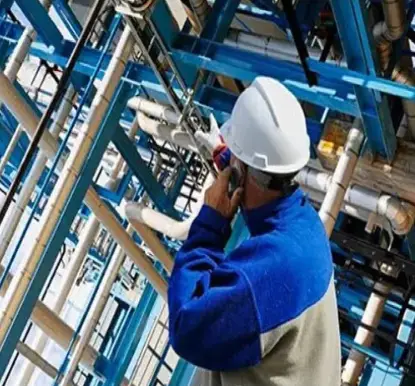What is Plumbing Engineering?
Plumbing Engineering is a branch of engineering that deals with the design, installation, and maintenance of plumbing systems. It involves the application of scientific and mathematical principles to ensure that water supply, drainage and gas distribution systems are safe, efficient, and environmentally friendly. Plumbing Engineers design and install systems that provide clean water for drinking, cooking, and hygiene, as well as systems for wastewater disposal and stormwater management.
Plumbing Engineering is a vital aspect of modern construction and infrastructure development. The importance of plumbing engineering cannot be overstated, as it plays a critical role in ensuring public health, safety, and well-being. A well-designed plumbing system can prevent waterborne diseases, reduce energy consumption, and minimize environmental pollution. In this comprehensive blog post, we will delve into the world of plumbing engineering, exploring its definition, scope, and applications. We will also discuss the key principles, techniques, and tools used in plumbing engineering, as well as the benefits and challenges associated with this field.



